The thesis defenses are open or closed to the public depending on the student's wishes. If open, they present to an audience in one of the lecture halls. The audience is expected to be quiet and not ask questions. After the candidate finishes their twenty minute review of what they learned and how it changed or enriched their thesis, the three advisors each ask one or more questions that the candidate is expected to answer. Not all of the questions had easy answers. Some included, where do you think you will go now, after your degree is finished. Sometimes, the question meant, I really have more work to do. This often seemed to be a good answer because it meant the student intended to continue writing.
What I learned about the thesis defense sessions included:
- the thesis defense sessions aren't threatening
- the questions tended to dig into how the student might continue their work
- the questions sometimes tended to highlight a student's work, i.e. being asked to read a sample
- the questions showed how much organization is needed
- the questions often showed what we (new and continuing) students were likely to have to face in terms of revision, rethinking, clarifying our project, finding what connected the essays, finding what we really wanted to say.
- I expect I will learn a lot more
I have had to think through many of the above when writing my first novels. My first nonfiction book was more straightforward. My memoir will likely have the same need to have different mental frames, time spans, verb tense, and phase of learning in terms of my personal life.
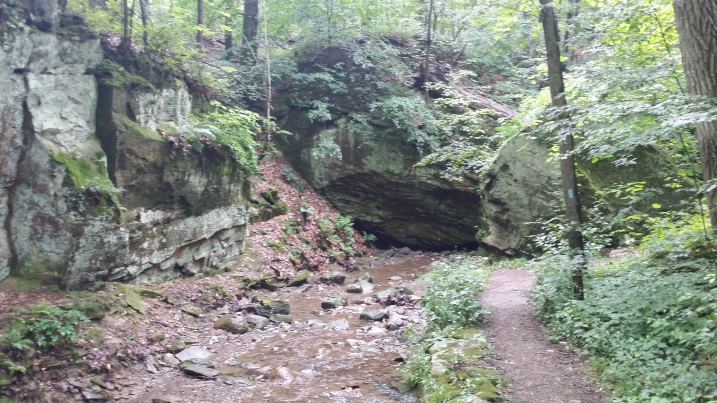
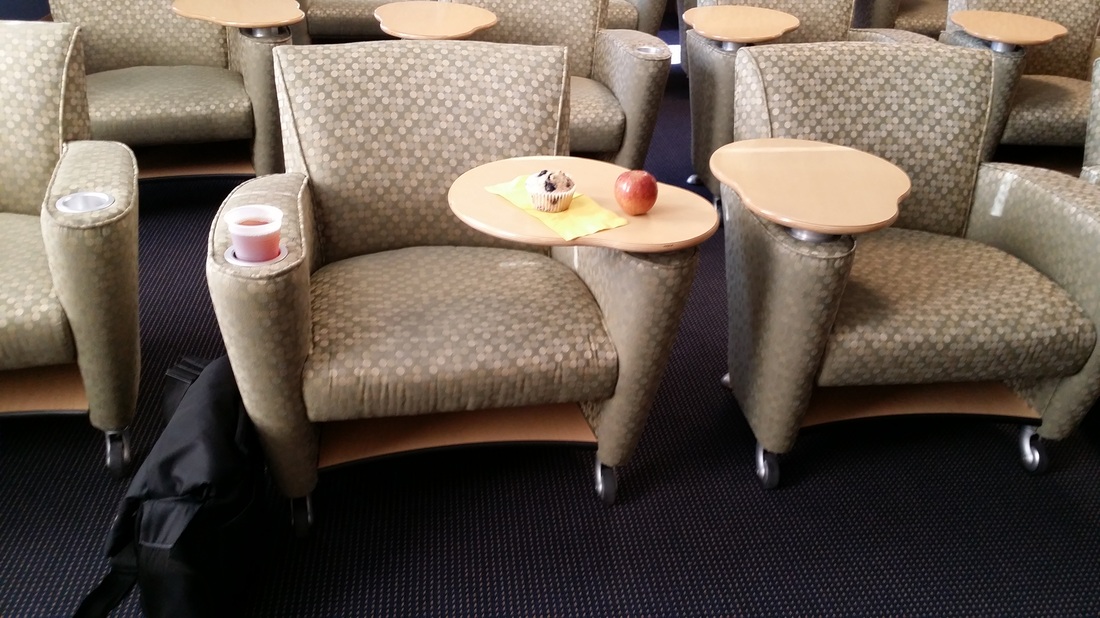
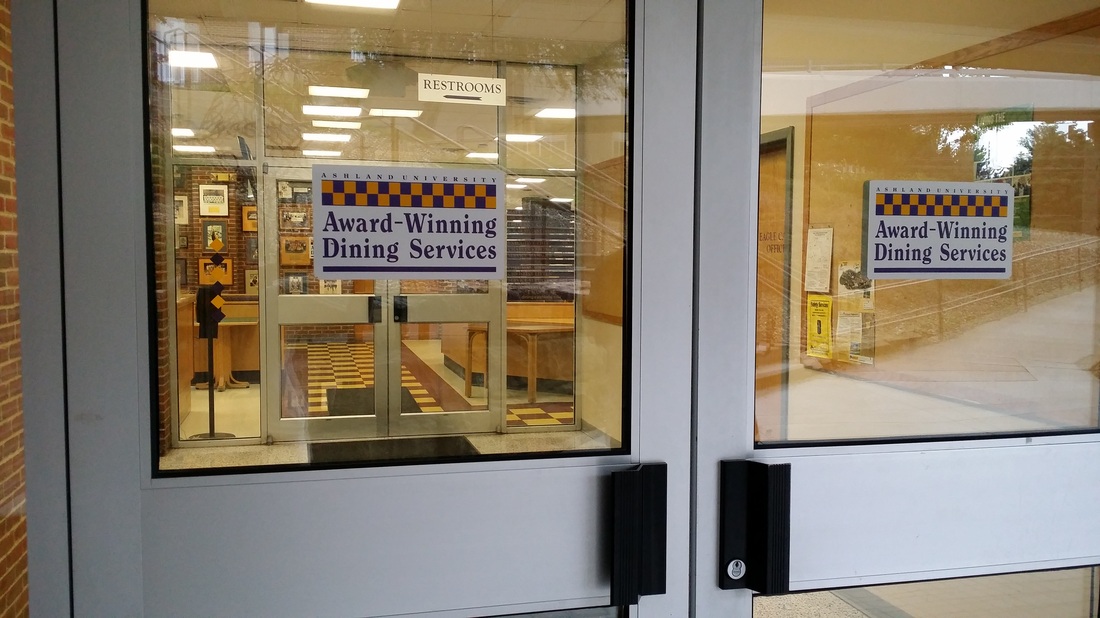
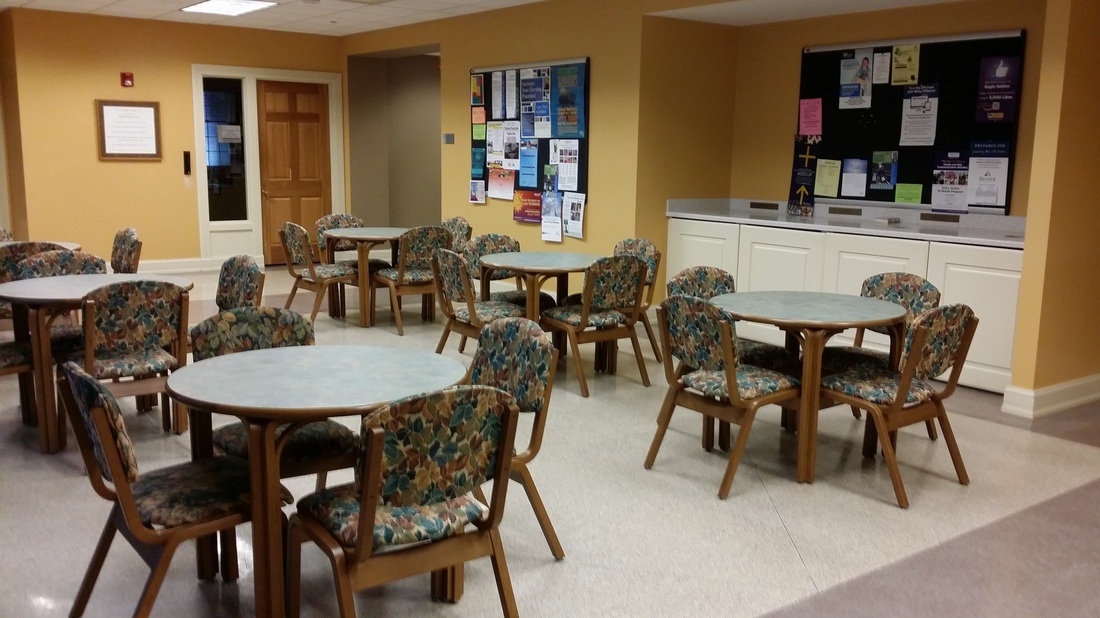
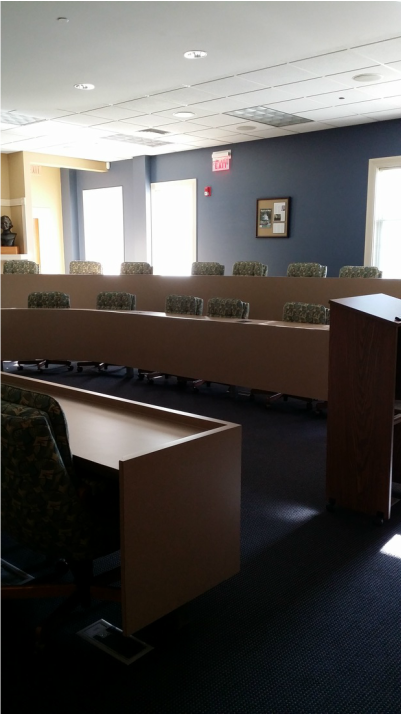

 RSS Feed
RSS Feed